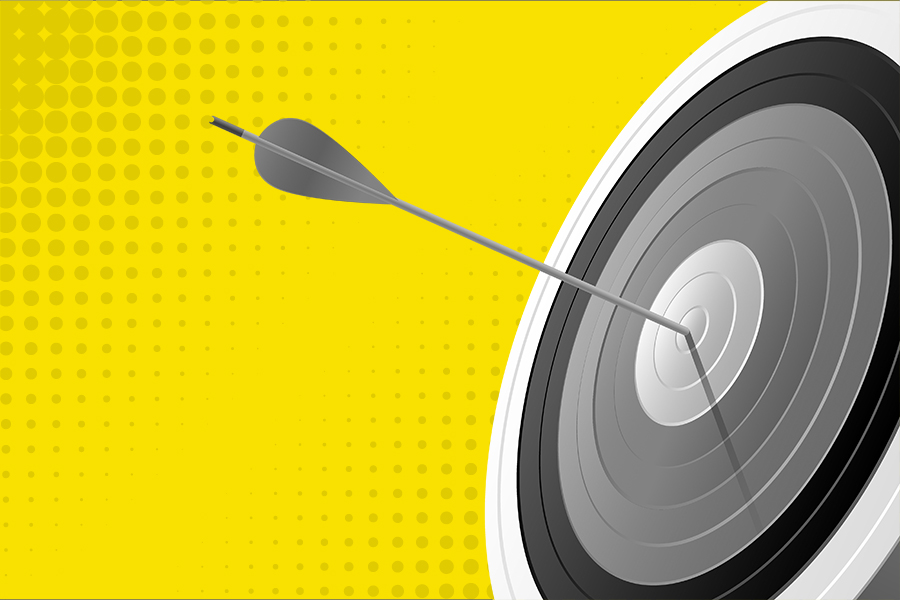-
 Chasing an unpaid invoice is never easy, but every business, large or small has to deal wi...
Chasing an unpaid invoice is never easy, but every business, large or small has to deal wi... -
 Thankfully, a majority of invoices are settled without any issues, but now and again, ever...
Thankfully, a majority of invoices are settled without any issues, but now and again, ever... -
 Sooner or later, every business is faced with the dilemma of a customer who refuses to pay...
Sooner or later, every business is faced with the dilemma of a customer who refuses to pay... -
 At some point, all businesses encounter a client who is determined to give them the run ar...
At some point, all businesses encounter a client who is determined to give them the run ar... -
 Billions of pounds are written off by UK businesses each year because of late payers. It’...
Billions of pounds are written off by UK businesses each year because of late payers. It’...
Fed Up Chasing
Debt Recovery Solutions
The perfect invoice wording for immediate payment
|
|
Home » Published: 4th April 2020 This Article was Written by: Steve - Fed Up Chasing |
Creating invoices that encourage immediate payment sounds great in theory, but you’re probably wondering the best way to accomplish this in practice.
Use a professional template
How do you invoice your clients? If the answer is by sending them a plain email stating their balance and due date, it’s time to change it up.
Requesting payment in a normal email, regardless of how formal your language, can inadvertently send the message that your client’s due balance isn’t a pressing manner.
After all, it’s a lot easier to ignore a wordy email than a clear and concise bill.
Using a professional invoice template can sometimes feel intimidating or unnecessary, especially if you run a fairly casual gig. But with the help of invoicing software, creating these documents can be just as easy as drafting an email.
Include a personal message
Just because you use a formal invoicing template doesn’t mean you shouldn’t include some kind of personal note to your client. In fact, doing so can remind your clients that you’re a real person who is relying on their payment to bring home a steady income.
This message doesn’t need to be overly complicated or involved. A simple thank you for their business and prompt payment is all it takes to encourage your client to settle their bill immediately.

More Fed Up Chasing Articles...
Provide clear payment instructions
When crafting your invoice wording for immediate payment, it’s important to put yourself in the client’s shoes. If there’s any confusion on their end about how to pay their due balance, they’re much more likely to put off payment until a later time.
Fortunately, it’s easy to solve this problem before it occurs.
When creating an invoice for a client, make sure to include clear instructions on how they can settle their bill. This will help encourage prompt payment and head off any confusion.
If you use an online payment portal for your business, include a hyperlink to this portal in your invoice or a separate email to your client. You’ll be surprised how quickly your clients pay their invoices when all it takes is a simple click.
Make the due date obvious
Some clients will delay payment regardless of when the invoice is due. Others, though, will always pay their balance on time. That is, if they know the due date in the first place.
Always ensure that your invoices’ due dates are clear and easy to find.
If the due date on your invoice is unclear or difficult to find, your clients might take advantage of this by paying their balance whenever they like.
For invoices that list the payment terms as a timeframe (for example, payment due 30 days after receipt), always include the actual due date as well. It’s a lot easier to overlook an approaching due date when the actual day isn’t listed on the invoice.